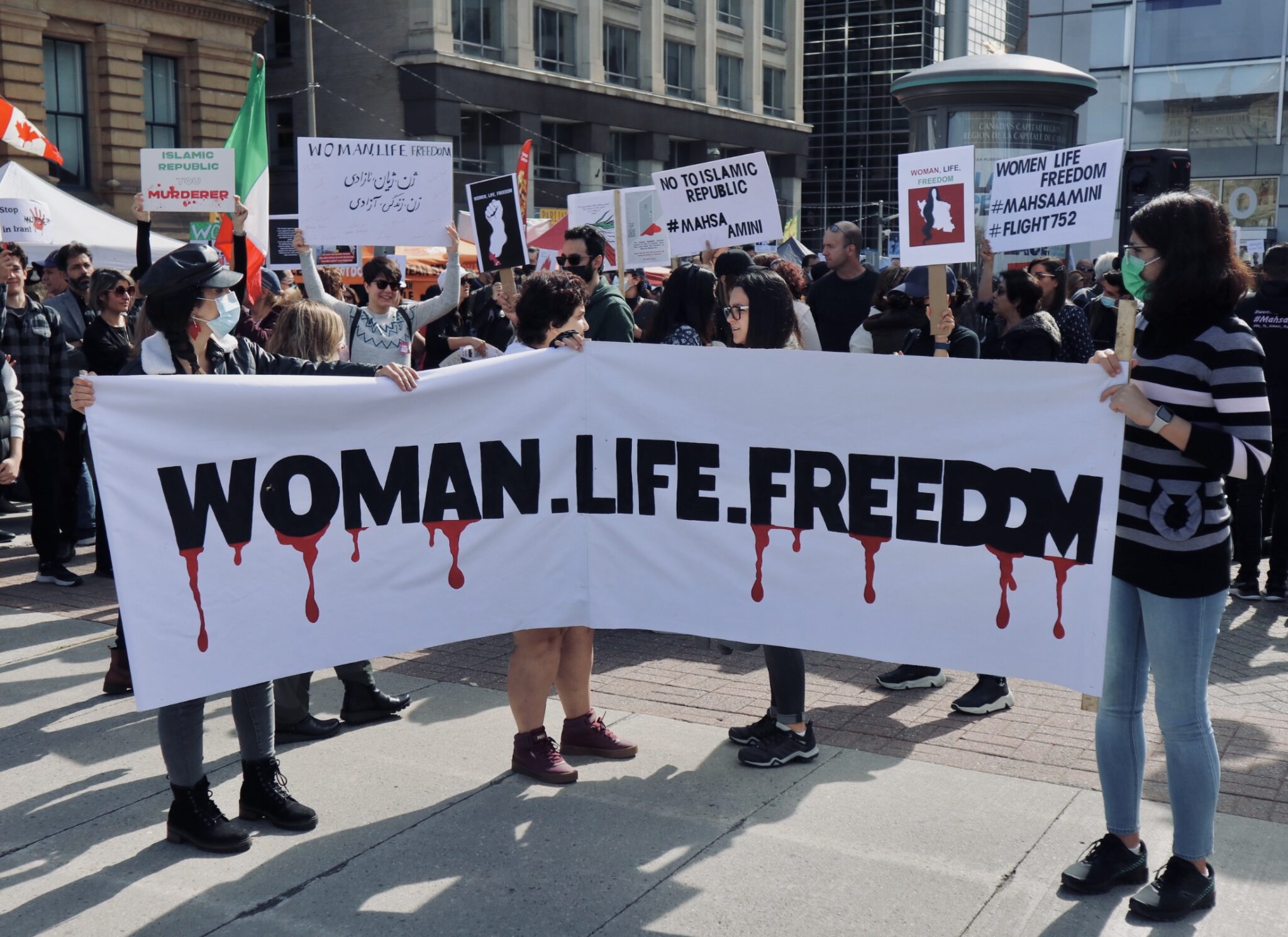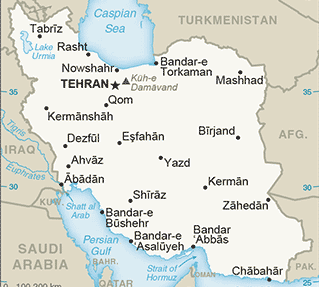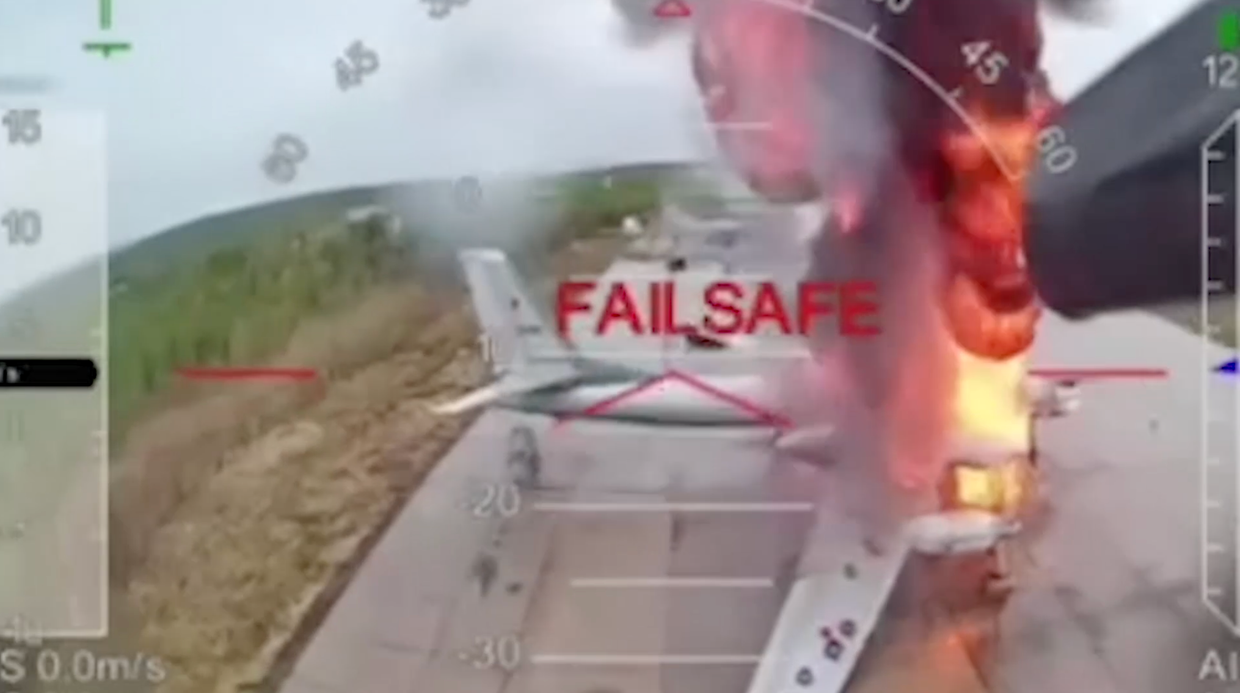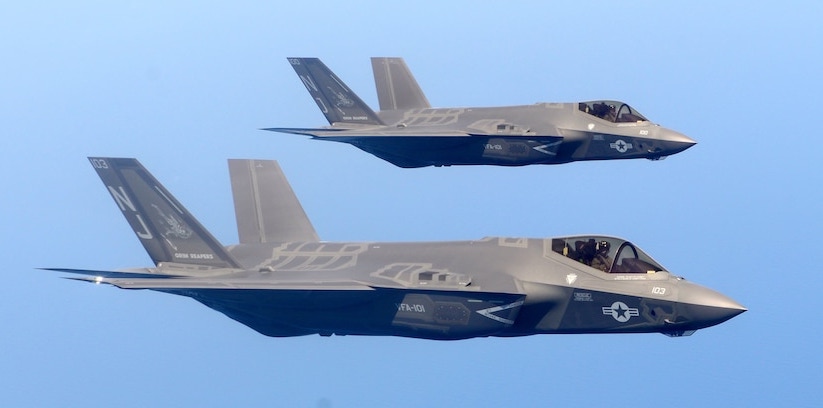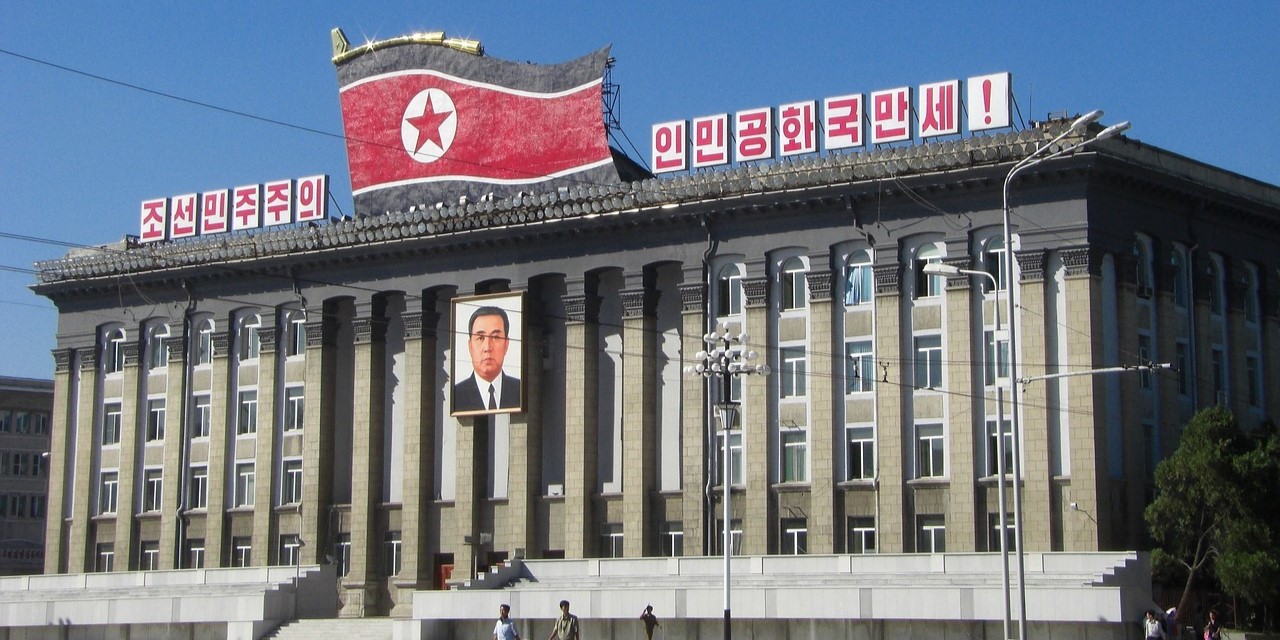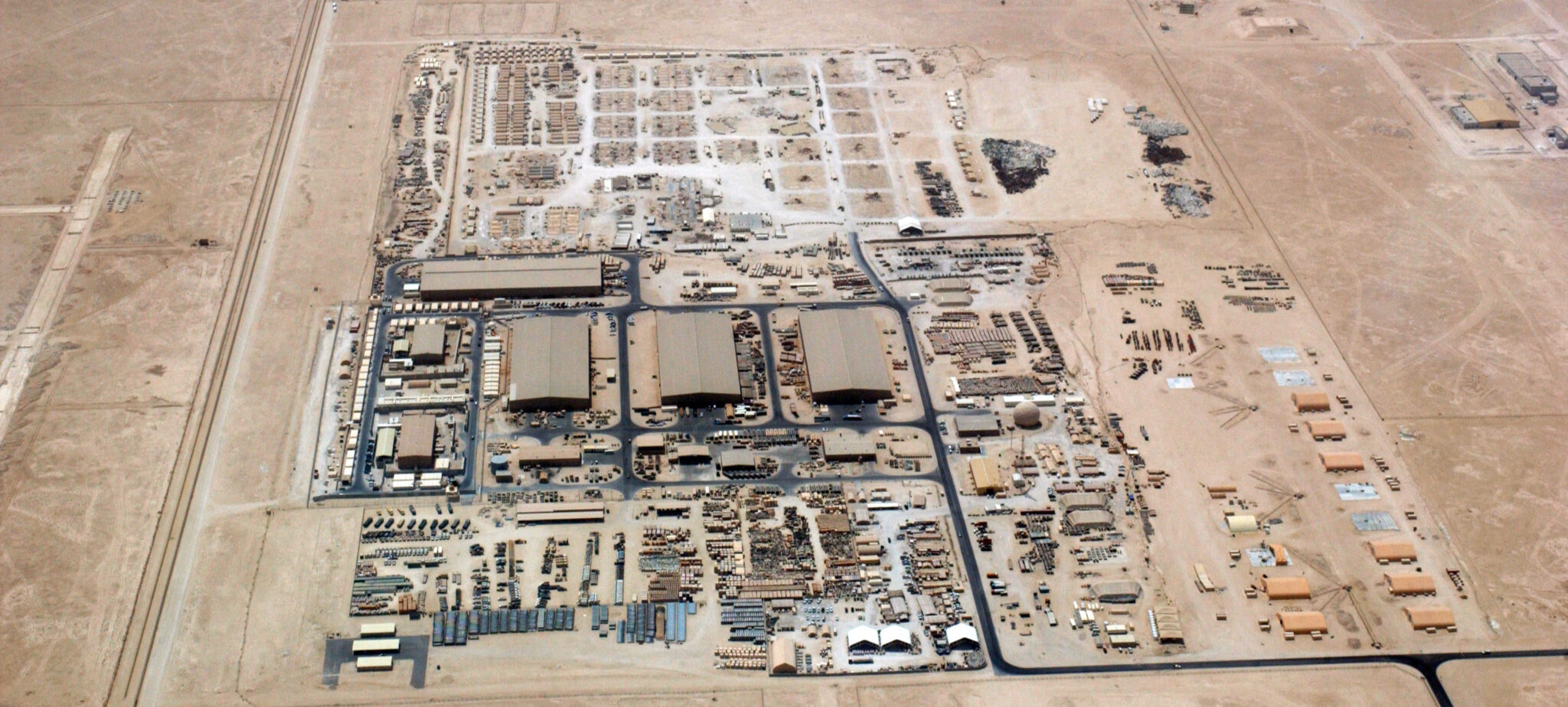
Iran’s retaliation: choreographed charade?
Two days after the US carried out air-strikes against Iran’s nuclear sites in what is being dubbed Operation Midnight Hammer, Iran launched missiles at al-Udeid air base in Qatar, headquarters for US Central Command’s regional operations and host to some 8,000 US troops. The US said nearly all the missiles were intercepted and there were no casualties. In a post on TruthSocial, President Trump shortly later claimed a ceasefire between Israel and Iran has been reached, with Israeli media reporting that the truce was brokered by Qatar. Sources also told Reuters that Iran had tipped off Qatar authorities before the attack, who then warned the US—accounting for the light damage and raising the possibility that, as in US-Iran brinkmanship of early 2020, the supposed Iranian retaliation was choreographed to allow Tehran to save face. The US, Israel and Iran alike are now all claiming victory, and it remains unclear how seriously Tehran’s nuclear capabilities have in fact been degraded. (Image of al-Udeid air base: Wikimedia Commons)




